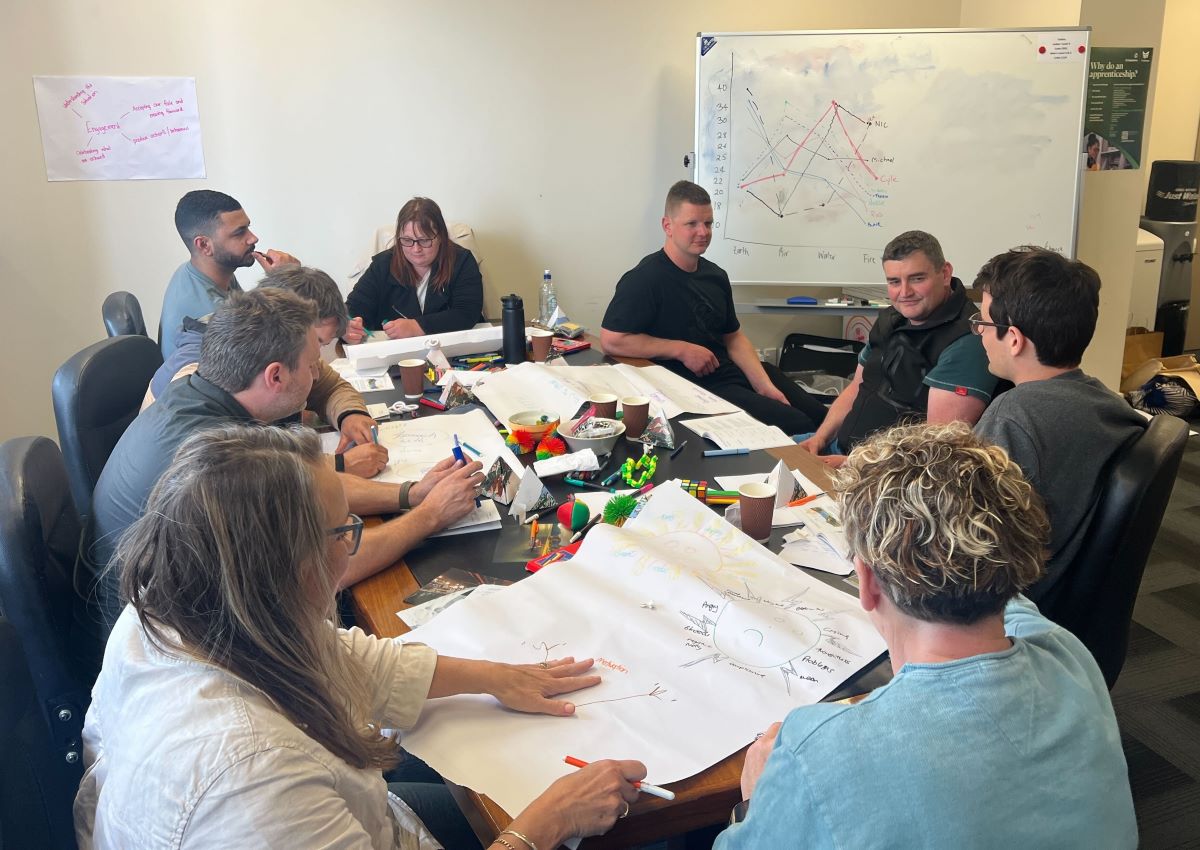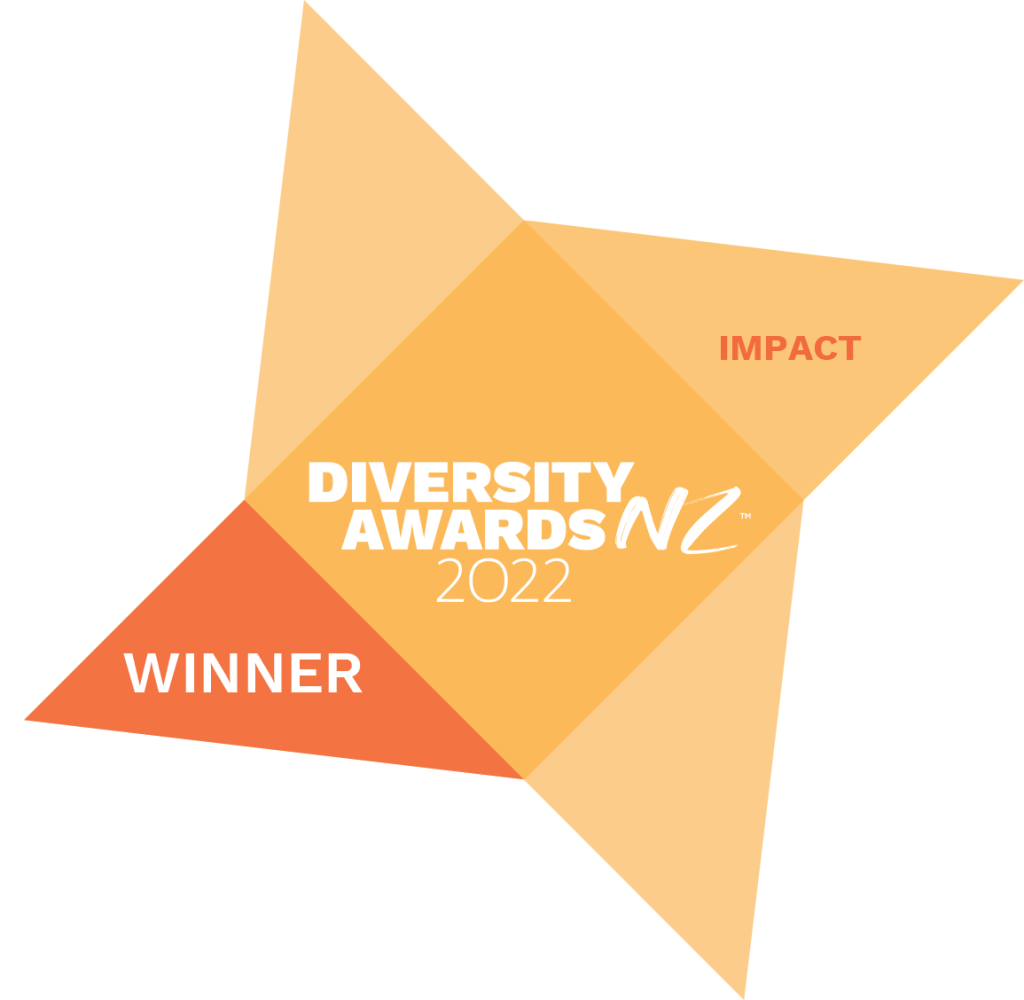Provide opportunities to develop and grow
Digital – change is a certainty
The digital world is all change, and the pace is only getting faster. This hits for workplace learning in the mindset and sense of agency your staff have to engage with new tech and tools coming at them. Not only in terms of change but also how they may be learning. Learning Management Systems (LMS) can push out learning snippets to large numbers of users but ensuring all staff are engaged, logged on, and not just clicking through the screens without learning is another story.
For too long, the go-to in online learning was a version of ‘flip top head’ learning. In other words, throwing a wall of information at people (think PDF reading, video, etc) and hoping it sticks as knowledge and skills. Making online learning that is engaging, has stickability, and transfers into real life is critical to learning design. Some thinking suggests that learning outside an LMS structure (stand-alone), as accessible and straightforward weblinks looks promising.
Gen AI and all the hype
We can’t discuss digital change without mentioning gen AI and the storm of new apps and tools in this space. There’s lots of good stuff to check out here. From learning ideas to translation, and tools to help neurodiverse learners such as voice-to-text applications and copilot functions like summarising and editing. Online learning champions like Khan Academy have some excellent built-in AI like their program to assist teachers, Khanmigo. The shine is starting to come off some of the AI hype so it will be interesting to see if it can deliver on all its promises in future. One of the best things looks to be how AI breaks down accessibility barriers to learning. However, digital literacy and mindset at the front are critical to making the jump here.
Learning and wellbeing
We’re seeing the connection between learning and wellbeing becoming more explicit. The research is clear; learning is one of the ‘5 Ways to Wellbeing’ and is proven to boost wellbeing (Foresight Mental Wellbeing and Capital Project). So it makes sense to build this into your learning and development solutions. Holistic and indigenous models of wellbeing including Aotearoa’s Te Whare Tapa Whā, are a great way to start a conversation to give people ways to discuss and reflect on wellbeing. Awareness weeks like the Mental Health Foundation’s are another good way to bring this korero into the workplace.
Besides well-being as a way to give back to employees, there’s also the bigger picture to consider. Prioritising wellbeing reduces absenteeism and enhances workplace engagement.
Authentic leadership
Front-line emerging leaders are essential to fostering engaged, productive teams. According to the research from Harvard Business Review, if you’re not providing your operational workforce with more opportunities to develop and grow, they tend to vote with their feet and quit (Belcher, 2023). “Sixty-eight per cent of workers report that they would stay in their current job if presented with more opportunities to upskill. Thus, failure to provide adequate development — especially at the frontline — can create significant consequences for employee turnover.”
We know that frontline leaders can make a positive difference to the greatest number of staff daily. We’re hearing more and more conversations about how leaders need to be values-based and grounded in emotional intelligence. Frontline leaders can no longer rely on old-school leadership methods. Leaders in 2025 need to be authentic and inclusive, as well as across practical leadership tools for success.
Next steps
Get a headstart on providing opportunities for your team to develop and grow in 2025; talk to us about the funding available through TEC’s Employer-led Workplace Literacy & Numeracy Fund. There are set deadlines for applications. The first panel meets on 7 February 2025 so don’t delay!
2025 Panel dates: 7 February 2025 | 11 April 2025 | 13 June 2025 | 8 August 2025 | 10 October 2025
Sources
Foresight Mental Capital and Wellbeing Project (2008)
Next steps






